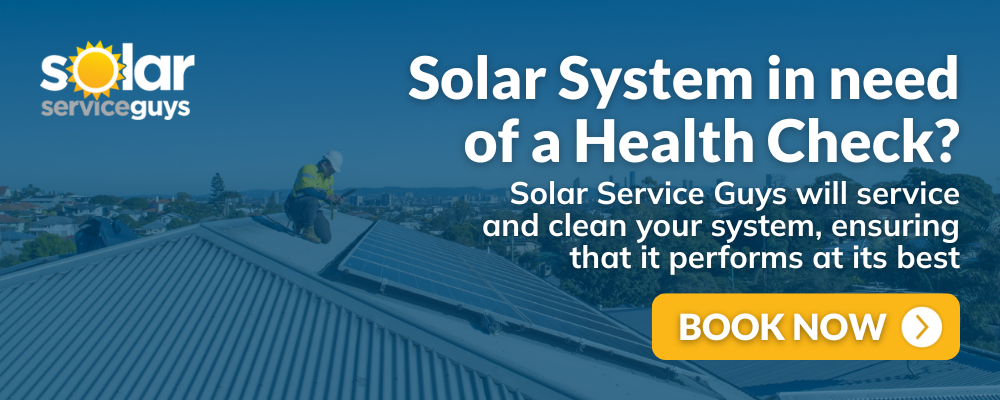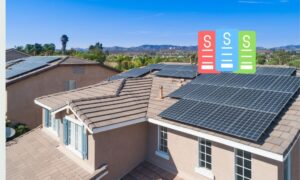The Clean Energy Council (CEC) says Victoria’s Solar Homes program is distorting the market and creating solar industry “boom-bust” cycles.
The CEC is asking the Victorian Government for an urgent review of the popular solar rebates scheme to reduce negative impact on the solar power industry.
The renewable energy association suggests reducing both the income and property value thresholds to help manage excess demand.
Sell-out solar rebates mean solar industry boom-bust
The $1.3 billion Solar Homes scheme was introduced in 2018, offering solar rebates to encourage Victorian households to install solar panels.

Round 2 of the program launched on July 1 this year following the huge popularity of the first round. Eligible households can claim $2,225 off the price of solar panels or 50 per cent of the system price, whichever is lowest.
However, the program has been a victim of its own success. Solar panel applications filled the 3,333 July quota within three days of opening. The next monthly round won’t open until August 1.
Many Victorian solar companies are suffering boom-bust cycles as a result. At the start of the month they can’t cope with demand. Then consumers put a halt on their solar quotes until the next month’s round opens.
CEC and SEC suggest Solar Homes expansion
The CEC is quick to point out that it supports Solar Homes in principle. However, it claims the program is currently distorting the industry with the solar boom-bust cycle rather than supporting it.
The clean energy body will take a delegation of affected installers, members and retailers to meet the Victorian Minister for Energy, Environment and Climate Change, Lily D’Ambrosio.
The Smart Energy Council (SEC) is also calling on the State Government to expand the program.
According to the SEC, the income eligibility threshold should fall from $180,000 to $90,000 per year per household. Solar Homes should also include more solar batteries in its limited priority ‘growth’ areas.
Solar batteries and hot water systems still firing
Meanwhile, people are still encouraged to apply to Solar Homes this month for:
- Rebates up to $1,000 on solar hot water systems;
- Rebates up to $4,838 on solar batteries like Tesla Powerwall 2; and
- Subsidies on solar power systems for rental properties.
However, the program has also been criticised for its strict eligibility requirements for solar battery rebates.
That’s because applicants must live in a designated growth suburb and already have solar panels.
Growth areas have solar panels on at least 10 per cent of homes. They are also areas where the electricity grid can accept the extra power input.















































